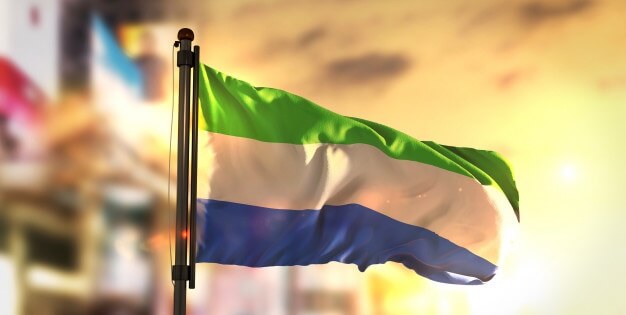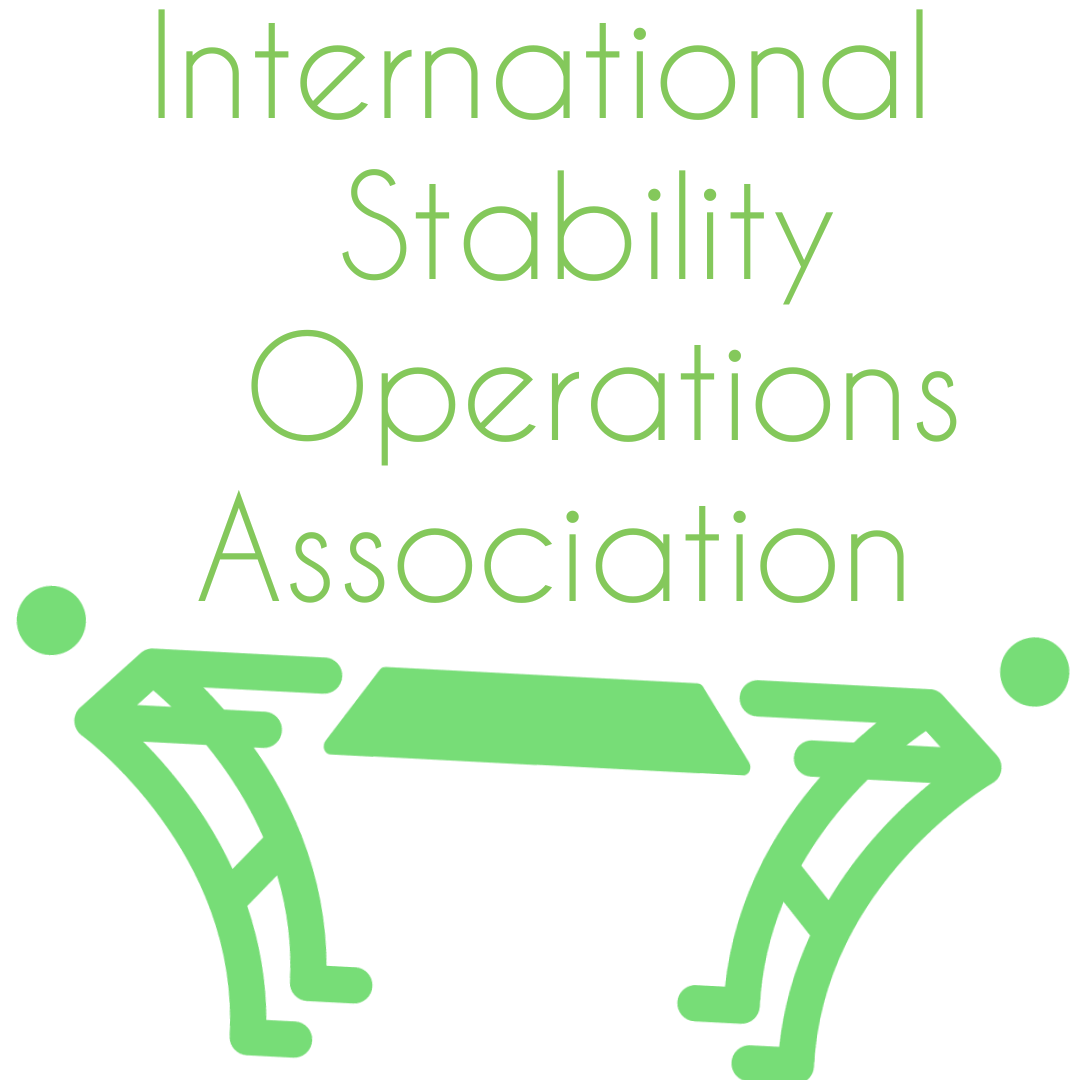CODE OF CONDUCT
IPOA was founded in 2001, but the origins of the IPOA Code of Conduct date back to late 2000 and the international peacekeeping operation in Sierra Leone where private contractors provided robust and extensive support for the UN efforts. At that time I was an academic fellow with the South African Institute of International Affairs (SAIIA) and doing my own academic research on the role of the private sector in peace and stability operations. SAIIA assigned me a number of tasks as a part of my fellowship, one of which was to research a paper on the “political economy” of the war in Sierra Leone, a conflict that was almost a decade old at the time. In the second half of 2000 I made two visits to Sierra Leone and interviewed scores, if not hundreds, of people from all backgrounds, including journalists, UNAMSIL (the name of the UN mission), nongovernmental organizations, human rights organizations, the Sierra Leonean government, trade unions, various embassies, refugees, Sierra Leonean and British soldiers and of course contractors. At the time, Sierra Leone hosted the largest peacekeeping operation in the world with more than 17,000 UN troops, police and staff in a country of less than four million people.
I often like to point out that international peacekeeping is marginally better than the alternative of complete and total war, and Sierra Leone was case and point. Most of the peacekeeping force was bottled up in Freetown along with more than a million refugees because the majority of the hinterland was controlled by the Revolutionary United Front (RUF), a ruthless guerilla group renowned for chopping off the hands and arms of civilians. Although some academics have assigned political motivations to the RUF, one thing the Sierra Leoneans I interviewed were very clear about was that the RUF were little more than a glorified street gang instigated by Charles Taylor, the president of neighboring Liberia. In May of 2000 thousands of UN troops had been routed back to Freetown by the RUF’s band of ragtag child soldiers, and hundreds of UN troops had been killed or captured. By the time I arrived, thousands of young male peacekeepers from around the world were idle, along with hundreds of thousands of desperate refugees; the problems that resulted were inevitable. At the same time UNAMSIL itself was significantly held together by a small number of remarkably professional and robust private companies. ICI of Oregon flew armed helicopters for the U.S. Embassy and was frequently used to shuttle dignitaries and political figures around the country or to directly support UN operations – on occasion delivering supplies to surrounded UNAMSIL units, a mission UN helicopter units sometimes refused due to the risk. DynCorp and PAE provided an amazing array of logistics, construction and other support services to UN militaries from developing countries that had almost no logistical capabilities of their own. Southern Cross Security employed Sierra Leoneans to protect UN facilities and provide coast guard services. Wackenhut Security protected the U.S. Embassy. Some in the UN and NGO sectors were disdainful and characterized the companies as ‘war profiteers,’ but the reality was that the private sector was indispensible to the functioning of the UN mission and they were doing their jobs with consummate professionalism and ethical practice. Sierra Leoneans understood this reality far better than the international community. Sierra Leoneans may be the most realistic people in the world about the value of effective security, having seen it fail so many times with disastrous results. They strongly believed in the legitimacy that the UN brought to the international peacekeeping effort, but they had lost any faith in the capability of the UN to provide actual security. After the rout of UN force in May it only took a few hundred very professional British soldiers to stabilize the situation. By the time I arrived about a hundred remained in Sierra Leone prepared to 'shoot the appropriate people at the appropriate time,' and thus providing a stable security foundation for the success of UNAMSIL and the peace agreement. Sierra Leoneans were justifiably terrified that the British might withdraw and UNAMSIL would collapse again, and they openly welcomed the concept of private humanitarian security under a UN mandate.

It was during my second visit to Sierra Leone that I had a two day meeting with a group of NGOs, lawyers and humanitarian organizations that codified some basic principles on how the private sector could be ethically utilized and what sort of transparency and accountability should be required of private firms engaged in these sorts of humanitarian operations. This document eventually grew to become IPOA’s Code of Conduct. At the conclusion of my fellowship I returned to Washington, DC where I solidified the IPOA concept and circulated a version of the principles we had designed in Sierra Leone among every relevant academic, human rights specialist and policy-maker I knew. We welcomed their many suggestions and improvements and the result was a much enhanced document. The Code remains a ‘working document’ to this day. The current version of the Code of Conduct is the 11th, and this summer IPOA will host a summit on the Code and we will invite key specialists to help us ensure that the code continues to be timely, relevant and respected. The reality is that the West has largely abandoned international peace operations which do not directly support their national interests, leaving these perilous missions to militaries from the less developed parts of the world - robustly supported by the private sector. Private services are just too valuable and cost-effective to ignore, and contingency contractors will continue to support international peace and stability missions into the future. It is critical the international community be proactive in ensuring that the companies doing this work in conflict and post-conflict environments and among highly vulnerable populations are the most professional and ethical available. IPOA’s Code of Conduct is an important step towards ensuring the best companies are doing this critical work. The value is even further enhanced by the fact that dozens companies from around the world are demonstrating their support through their membership of our Association. The international community pays contractors to support their peace and stability missions; there is absolutely no reason they should not expect those contractors live up to the highest standards.
